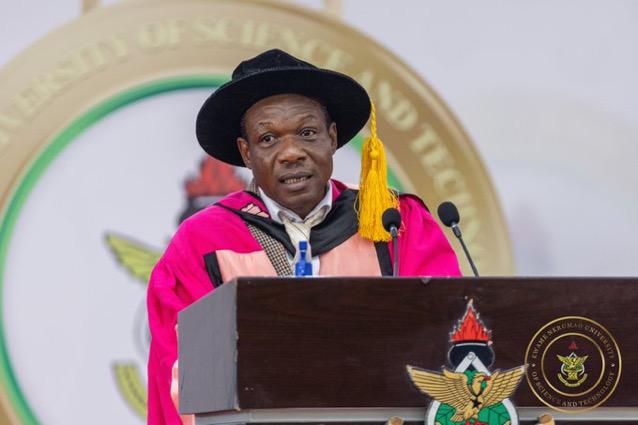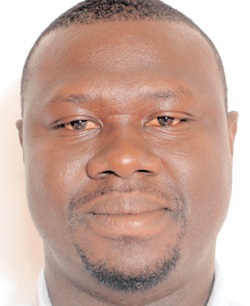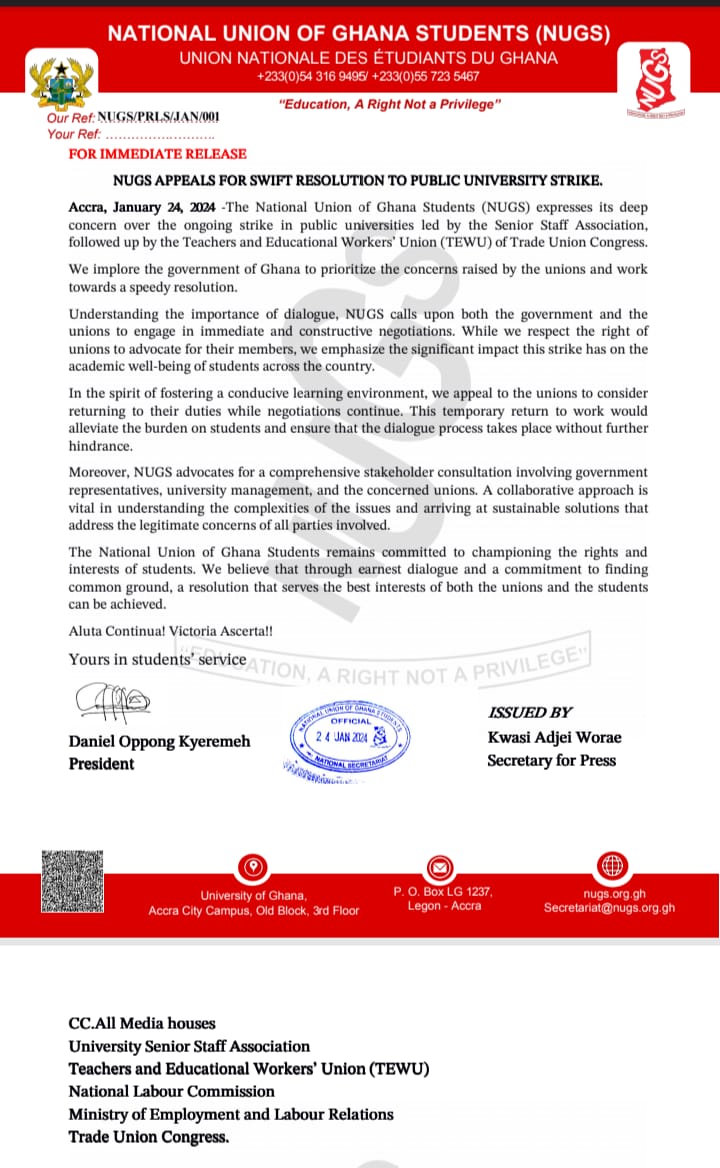
Former Vice President, Dr. Mahamudu Bawumia, has called on African countries to shift their focus inward and begin working towards economic self-reliance.
This, he said, especially in the face of growing global trade uncertainties and increasing protectionism by major economies.
Speaking at the International Democracy Union (IDU) Forum held in Brussels three days ago, Dr. Bawumia made a strong case for a renewed continental commitment to intra-African trade, regional value addition, and homegrown economic strategies.
He made the remarks while responding to a panel question on how the weaponisation of trade is affecting African economies, particularly Ghana.
“There’s going to be more of a clamor for self-reliance. You’re going to see a bit more political space for countries to have more intra-African trade, as a way of dealing with this,” Dr. Bawumia asserted
He further stressed that Africa must reconsider its dependency on external markets and instead look inward to build economic resilience.
“As you see a more real look at supply chains within the continent and globally, Africa is going to look at our supply chains again,” he noted.
“At the end of the day, you have to make sure that the macro balances are the ones guiding your trade policy and not tariffs.”
Dr. Bawumia began by placing the discussion within a historical and economic context, lamenting that many global policymakers continue to ignore fundamental economic principles and the lessons of history.
“I think that one of the things that policymakers are doing recently is a failure to understand the lessons of history, as well as the lessons of economics,” he said.
Highlighting deep global trade imbalances, Dr. Bawumia noted that Africa currently contributes only 2.5 percent to global exports and 2.9 percent to global imports.
This, he said, is minuscule when compared to Asia’s 43 percent share of global exports and 38 percent of imports, Europe’s 38 percent of exports and 51 percent of imports, and the United States’ 8 percent of exports and 14 percent of imports. China alone, he added, accounts for 15 percent of global exports and 10 percent of imports.
He explained that trade deficits are largely macroeconomic problems rooted in the difference between national savings and investment levels, not issues that can be corrected by tariffs.
“If you look at the national income identity, where your income is equal to your consumption, investment, government spending, plus exports minus imports, it breaks down into a truism: that your deficit—exports minus imports—must equal the difference between your savings and investment,” Dr. Bawumia explained.
“For any country which spends more than it saves, you’re going to get a trade deficit. You cannot solve that macroeconomic problem with trade policy like tariffs.”
He pointed to historical events such as the U.S.’s 1930s Smoot-Hawley Act, which imposed 20 percent tariffs and contributed to the Great Depression and more recent U.S.-China tariff disputes between 2018 and 2019, which negatively impacted global trade.
Dr. Bawumia also referenced current U.S. tariff policy, noting that average tariffs have risen from 2.4 percent to 10 percent, the most significant increase since 1943. While Africa is less exposed to U.S. trade shocks – its exports to the U.S. stand at about 6.5 percent, and imports around 4.4 percent – some countries, like Lesotho, are highly vulnerable.
“Lesotho, for instance, exports about 50 percent of its goods – mainly textiles – to the United States, benefiting from the African Growth and Opportunity Act (AGOA),” he said.
“These countries are going to be affected very significantly. AGOA is basically going to collapse under these tariffs.”
In light of these challenges, Dr. Bawumia reiterated that Africa’s best path forward lies in deepening intra-continental trade and investing in local value chains.
He emphasised that the solution is not about choosing between China, the United States, or Europe, but about building sustainable economies from within.
“For us on the continent, there has to be a major play for self-reliance in a lot of ways,” he said. “It’s not necessarily China or America or Europe – but you’ve got to really look at your own internal economic dynamics and bring in more value addition to our raw materials so that you can create jobs for the youth.”
When asked whether African countries would likely deepen trade ties with China in response to growing global protectionism, or seek diversification, Dr. Bawumia noted that while China remains a major player, diversification was inevitable.
“In Ghana, for example, China is our largest trading partner as well as our largest foreign investor, and it is the same for many countries. So, I don’t see that changing anytime soon,” he admitted.
“But African countries are going to look at what works for them and diversify accordingly, because the rules-based order no longer really exists at the moment.”
Dr. Bawumia closed his remarks by emphasising the importance of trust over tariffs in the global trade arena, arguing that suspicion between major powers is stifling cooperation.
“For me, I think that trust is going to be more important than tariffs,” he said. “Tariffs are not going to be sustainable, and we will soon all find out that it’s a rush to the lowest common denominator.”
He warned that growing global distrust – such as Europe’s suspicion of Russia, the U.S.’s suspicion of China, and Australia’s suspicion of China—is hampering effective negotiation of trade agreements.
“When you have to negotiate trade agreements with security threats in the background, the efficiency with which you will negotiate them will be compromised,” he warned.
“So, we need, at a diplomatic level, to address why there is this suspicion. Can we deal with this suspicion between the major powers?”
He concluded, “If you don’t deal with this, you will have suboptimal trade policies in the end—because they are really a cover for dealing with the security issues. So trust becomes fundamental.”
The post Africa Must Work Towards Self-Reliance –Dr Bawumia appeared first on The Ghanaian Chronicle.
Read Full Story






















Facebook
Twitter
Pinterest
Instagram
Google+
YouTube
LinkedIn
RSS